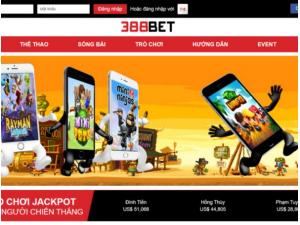Gaming has gone through a surprising development throughout the long term, changing from a straightforward hobby to a worldwide social peculiarity with critical effects on society. From the beginning of arcade works of art like Pac-Man and Space Intruders to the vivid encounters of current computer games like The Legend of Zelda: Breath of the Wild and Fortnite, the gaming business has consistently pushed the limits of innovation, imagination, and social significance.
One of the most striking parts of gaming is its capacity to rise above age, orientation, and social hindrances, interesting to a different crowd traversing ages and socioeconomics. Whether it’s small kids playing instructive games to learn new ideas or more established grown-ups drenching themselves in virtual universes for diversion, gaming has turned into a general type of recreation and diversion.
Besides, gaming has arisen as a strong stage for narrating, offering players vivid stories and genuinely full encounters. Games like The Remainder of Us, Bioshock, and Last Dream VII have been commended for their rich narrating, complex characters, and interesting subjects, equaling the profundity and effect of writing and film. Through intelligent narrating, gaming permits players to become dynamic j 88 members in the account, molding the result of the story in view of their decisions and activities.
Notwithstanding diversion, gaming has likewise turned into a critical driver of mechanical development, pushing the limits of equipment and programming capacities. The advancement of gaming equipment, from the early home control center like the Atari 2600 to the state of the art illustrations and handling force of current gaming computers and control center like the PlayStation 5 and Xbox Series X, has empowered engineers to make progressively vivid and exact encounters. Essentially, headways in programming advancement apparatuses and procedures have considered the formation of additional complex and outwardly staggering games.
Besides, gaming has turned into a social and common movement, uniting individuals through online multiplayer games, esports contests, and gaming networks. Online multiplayer games like Fortnite, Vital mission at hand, and Class of Legends give stages to players to interface, contend, and team up with companions and outsiders from around the world. Esports competitions, where proficient gamers vie for prizes and renown in games like Dota 2 and Counter-Strike: Worldwide Hostile, have become progressively famous, drawing in large number of watchers and producing critical income.
Notwithstanding its broad notoriety and social importance, gaming likewise faces difficulties and reactions, including …







